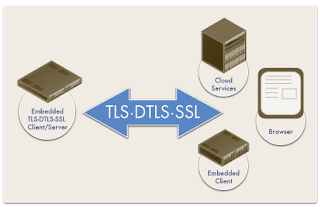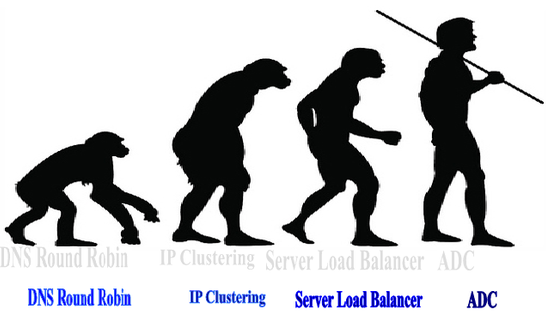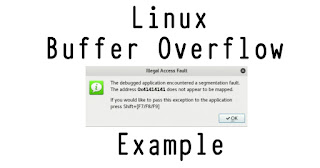Sniffing my neighbour's FTTH
Some
time ago, a year more or
less since My
Game of Trojans in the ISACA
Challenge, I was thinking about
if my neighbour could analyse my FTTH traffic, and if I could do the
same, finding a weekness in the GPON standard which is usually
deployed by most ISP in Spain and that we shouldn't confuse with the
EPON standard. In fact, this was actually an excuse to study and
learn how this networks work.
Why would
I wanted to know if I could sniff FTTH traffic? Because reading and
speaking with my workmates we noticed that downloading traffic from
the OLT arrives to any ONT in the neighbourhood. Therefore, if my
downloading traffic arrives to my neighbour's house, his downloading
traffic arrives to my house too. However, uploading traffic doesn't
work in the same way because uploading traffic from ONT only arrives
to the OLT. This is the way how P2MP (Point to MultiPoint) networks
work like MetroEthernet
E-Line can work. Is this ilegal? Of course, we shouldn't implement an
ISP
In The Middle (IITM) attack but it deserves to know what an
evil neighbour can do.
 |
| GPON Downstream Transmission |
 |
| GPON Upstream Transmission |
First, I
was thinking about spoofing. How can we spoof an ONT? For the
registering process between an OLT and ONT, we need the Serial Number
(SN) or SN+Password of our neighbour's ONT. Maybe the password is
hardcode in the ONT but SN will be different for each ONT, although
we can walk around of our neighbour's house to get it. In addition,
ISP engineers aren't used to asking for SN when a new ONT is
installed, but they run an auto-discovery process in the OLT to find
new ONT and allow them. Anyway, we are interested in analysing our
neighbour's traffic and not to spoof his ONT.
The next
step was to know if traffic is encrypted. According to the standard
GPON: ITU-T
G.984.3, downstream is encrypted with the symmetric
algorithm AES-128 and upstream isn't encrypted because it isn't
needed. Can we decrypt the downstream traffic? What is the process to
encrypt? Both, OLT and ONT, have a MSK (Master Secret Key) which I
think could be get from a reverse engineering. However, we already
know that an evil neighbour can't get upstream traffic, thus ONT
generates a plaintext data key (P) to produce a ciphertext data key
(C), which is sent to the OLT, with the next formula:
C =
AES-ECB(MSK, P)
Once OLT
has the ciphertext data key (C), along with MSK, OLT can figure out
the plaintext data key (P) generated by ONT. Therefore, from my point
of view, and my knowledge, an evil neighbour couldn't decrypt our
FTTH traffic.
P =
AES-ECB-1
(MSK, C)
On
the other hand, studying and reading about GPON, I
have remembered how Time Division Multiple Access or TDM works, which
is used by most FTTH, although ISP offers till 300 Mbps today with
Statistical Time Division Multiplexing or STDM. However, the future
is to install P2P (Point to Point) networks with Wavelengh Division
Multiplexing or WDM like the Next Generation PON2 or NG-PON2 which
uses Time and Wavelength Division
Multiplexing or TWDM which is more secure
because traffic reaches only to the right ONT.
Regards my
friends and remember, your FTTH traffic is in your neighbour's house
too.










Commentaires
Enregistrer un commentaire